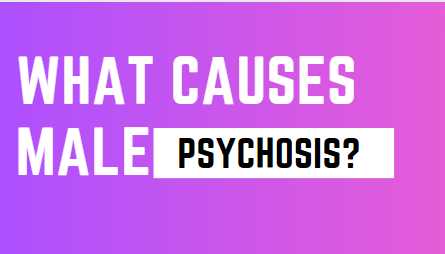Unravelling the Stages of Delusion: Understanding its Progression
Delusion is a psychological condition characterized by false beliefs that are not based on reality. It is a symptom of various mental illnesses, including schizophrenia, bipolar disorder, and delusional disorder. Delusions can cause significant distress and impairment in a person’s life. In this article, we will discuss the different stages of delusion and its symptoms.
Stage 1: Prodromal Stage:
The prodromal stage is the first stage of delusion. During this stage, a person may experience mild symptoms that are not severe enough to affect their daily life. These symptoms may include changes in behavior, mood, and thinking patterns. A person may also begin to experience social withdrawal, reduced concentration, and lack of interest in activities they once enjoyed.
Stage 2: Acute Stage:
The acute stage is the second stage of delusion. During this stage, delusions become more prominent and severe, causing significant distress and impairment in a person’s life. A person may experience hallucinations, delusions, and disorganized thinking. They may also experience extreme mood swings, anxiety, and agitation.
Stage 3: Recovery Stage:
The recovery stage is the final stage of delusion. During this stage, a person may experience a reduction in delusional thinking and symptoms. They may also begin to regain their interest in activities, establish relationships, and return to their daily routine. However, it’s important to note that recovery is a process, and it may take time to fully recover.
Treatment for Delusion:
Early detection and treatment are crucial for managing delusions. Medications, such as antipsychotics, can help reduce the severity of symptoms and improve quality of life. Therapy, such as cognitive-behavioral therapy, can also be helpful in managing delusional thinking. Additionally, support from family, friends, and support groups can provide emotional support and reduce feelings of isolation.
Conclusion:
Delusion is a complex condition that progresses through different stages. Early detection and treatment are essential for managing delusions and improving quality of life. If you or a loved one is experiencing symptoms of delusion, seek professional help as soon as possible. Remember, recovery is possible, and with the right treatment and support, it’s possible to live a fulfilling life.






